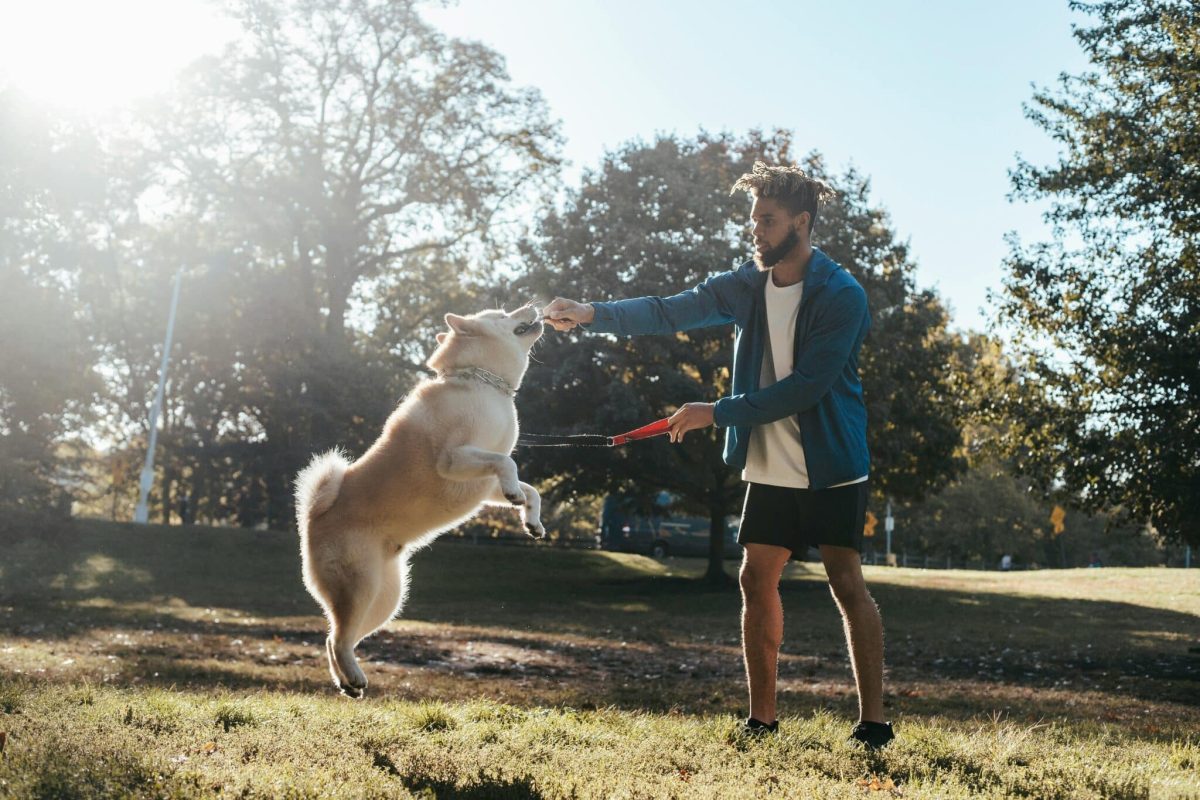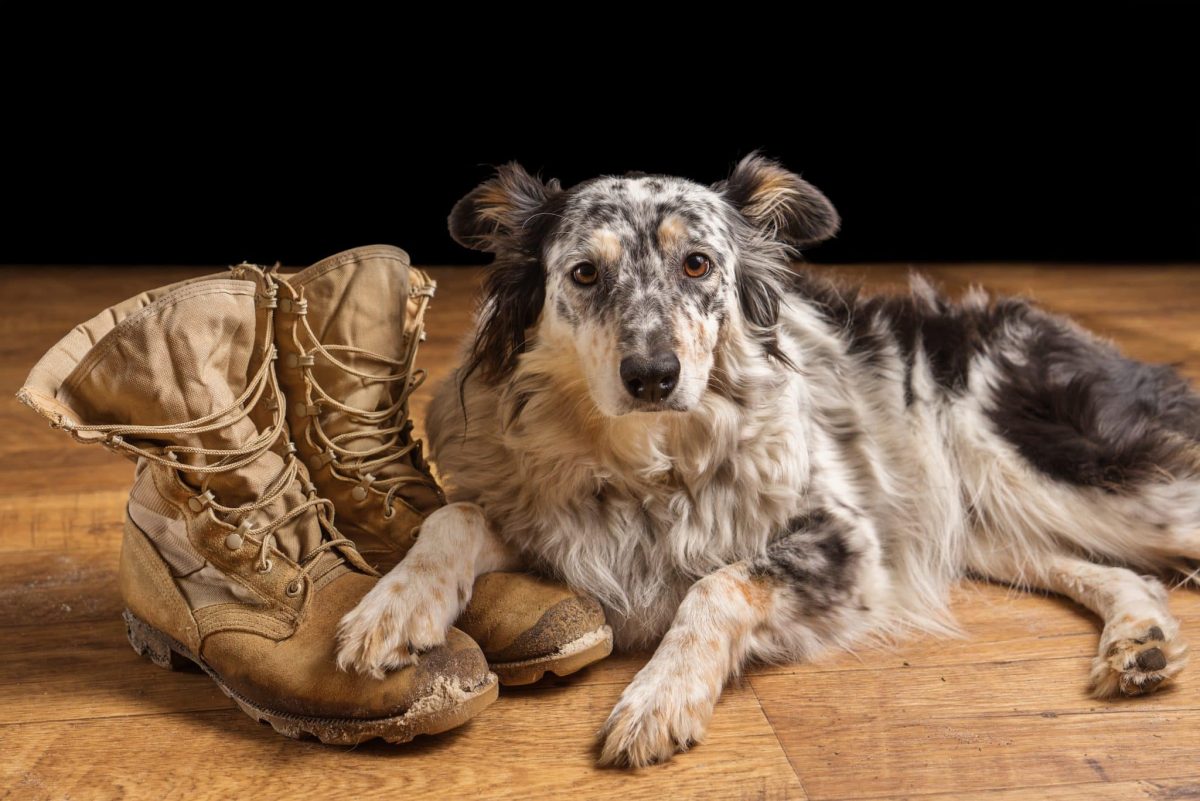Can dogs eat olives? Dogs have an uncanny ability to show interest in whatever their human companions are eating, and olives are no exception. As a popular ingredient in many dishes, olives often spark curiosity when it comes to their safety for dogs. While they’re not a common dog treat, they may seem like a healthy alternative to processed snacks. But is it really safe to share olives with your canine friend? Let’s dive in and find out.
You may also like: Can Dogs Eat Tomatoes?
Are Olives Safe for Dogs?
Yes, olives are generally safe for dogs to eat in moderation as long as they are plain and free from harmful additives. Olives are non-toxic to dogs and contain a variety of nutrients that may offer some benefits. However, it’s important to be mindful of the type of olives you’re offering and how they’re prepared, as some varieties can pose risks to your pup.
Benefits of Olives for Dogs
While olives are not necessary for a dog’s diet, they do contain nutrients that may benefit your pup. Olives are rich in healthy fats, particularly monounsaturated fats, which can support heart health and provide a source of energy.
They also contain vitamin E, antioxidants, and small amounts of minerals like iron and calcium. These nutrients may contribute to overall health, but the benefits are minimal compared to other dog-friendly superfoods.

Should You Give Your Dog Olives? If So, How?
If you decide to share olives with your dog, follow these guidelines:
- Choose Plain Olives: Opt for plain, unsalted olives without any additives.
- Remove the Pit: Always remove the pit to prevent choking or dental issues.
- Limit the Quantity: Offer olives as an occasional treat, not a regular part of your dog’s diet. One or two olives are plenty for most dogs.
- Rinse Thoroughly: If the olives come from a jar or can, rinse them well to remove excess salt.
What Types of Olives Can Dogs Eat?

Again, olives aren’t really something you should be including in your dog’s diet on purpose. However, if you do decide to let Fido share a few of yours, here’s a rundown of which are safe.
Can Dogs Eat Green or Black Olives?
Yes, dogs can eat both green and black olives, but the key is to ensure they are plain and unseasoned. Green olives are harvested before ripening, while black olives are fully ripened. Both are safe for dogs as long as they are not soaked in brine, oil, or seasonings.
Can Dogs Eat Olives with Pimento?
Pimentos themselves are not harmful to dogs, so olives stuffed with plain pimentos can be safe in moderation. However, it’s crucial to avoid pimento-stuffed olives that contain additional seasonings, garlic, or other additives that can be toxic to dogs.
Can Dogs Eat Olives from a Jar?
Olives from a jar are often soaked in brine, which is high in sodium. Excessive sodium can lead to salt poisoning in dogs, causing symptoms like vomiting, diarrhea, and dehydration. If you want to share jarred olives with your dog, rinse them thoroughly to remove as much salt as possible and offer only a small amount.
Can Dogs Eat Olives Straight from the Tree?
No, dogs should not eat olives straight from the tree. Freshly picked olives contain compounds that make them extremely bitter and potentially irritating to a dog’s stomach. They require curing to become palatable and safe for consumption.
Risks of Olives for Dogs
While olives are not toxic to dogs, certain types and preparations can pose risks:
- Seasoned or Marinated Olives: Olives seasoned with garlic, onion, or other spices can be harmful and should be avoided.
- Brined Olives: High sodium levels in brined olives can lead to salt poisoning, which is dangerous for dogs.
- Pits: Olive pits can be a choking hazard and may cause intestinal blockages or damage your dog’s teeth.
- Fresh Olives: Uncured olives are bitter and can cause digestive upset.
FAQs About Dogs and Olives
Let’s finish up with a few quick FAQs.
Can puppies eat olives?
It’s best to avoid giving olives to puppies. Puppies have more sensitive stomachs than adult dogs, and introducing new foods like olives may upset their digestion. Stick to puppy-specific treats.
Are olives bad for dogs with kidney issues?
Yes, olives high in sodium, such as brined olives, should be avoided for dogs with kidney issues. Too much salt can exacerbate kidney problems.
What should I do if my dog eats a lot of olives?
If your dog consumes a large quantity of olives, especially brined or seasoned ones, monitor them closely for symptoms like vomiting, diarrhea, or excessive thirst. Contact your veterinarian for guidance if any issues arise.
Can olives cause allergies in dogs?
While rare, some dogs may be allergic to olives. If you notice signs of an allergic reaction, such as itching, swelling, or difficulty breathing, stop giving olives and consult your vet.
Final Thoughts
Olives can be a safe and healthy treat for dogs when given in moderation and prepared correctly. However, they’re not an essential part of a dog’s diet, and there are many other treats that provide greater nutritional value. As always, consult your veterinarian if you have concerns or questions about introducing new foods to your dog’s diet.
Author
Hi there! I'm Nicole, the editor-in-chief and one of the writers here at DogVills. I've been a dog owner for most of my adult life and a dog lover for much longer than that. I grew up with a wonderful German Shepherd named Jake, who I loved SO much that I named my son after him. When I'm not writing for DogVills or my own site, Pretty Opinionated, I love spending time with my teenager (when he actually lets me) and my Pharaoh Hound, Freya. I'm also an avid reader AND a total TV fanatic.




















 English (US) ·
English (US) ·